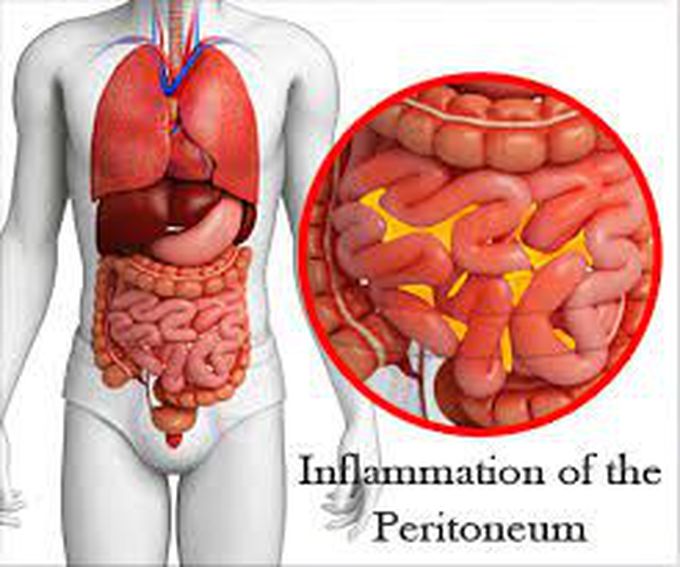


What is peritonitis?
Peritonitis Peritonitis is inflammation of the peritoneum — a silk-like membrane that lines your inner abdominal wall and covers the organs within your abdomen — that is usually due to a bacterial or fungal infection. There are two types of peritonitis: Spontaneous bacterial peritonitis. Sometimes, peritonitis develops as a complication of liver disease, such as cirrhosis, or of kidney disease. Secondary peritonitis. Peritonitis can result from rupture (perforation) in your abdomen, or as a complication of other medical conditions. Advertisement . Peritonitis treatment usually involves antibiotics and, in some cases, surgery. Left untreated, peritonitis can lead to severe, potentially life-threatening infection throughout your body. A common cause of peritonitis is peritoneal dialysis therapy. If you're receiving peritoneal dialysis therapy, you can help prevent peritonitis by following good hygiene before, during and after dialysis.

